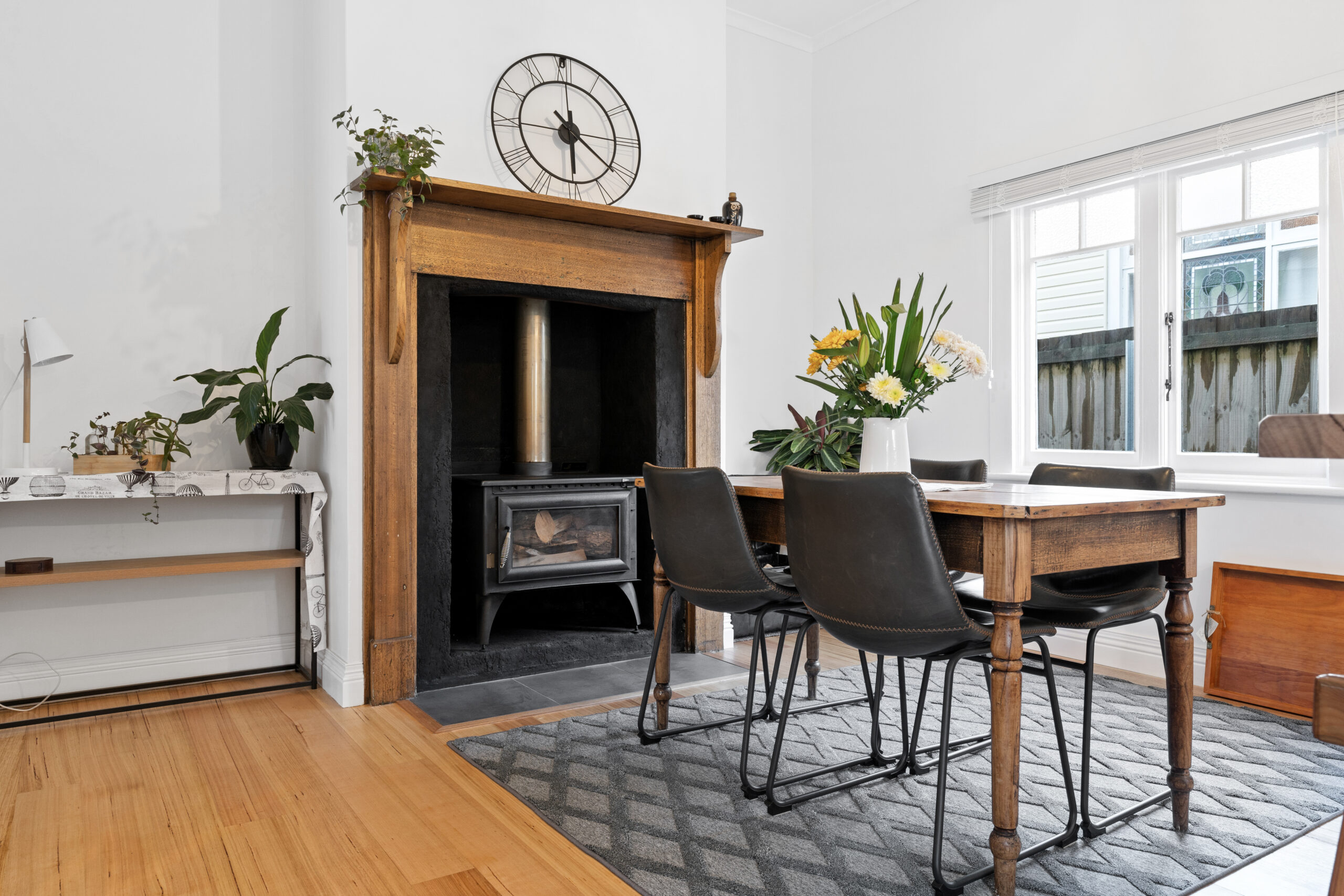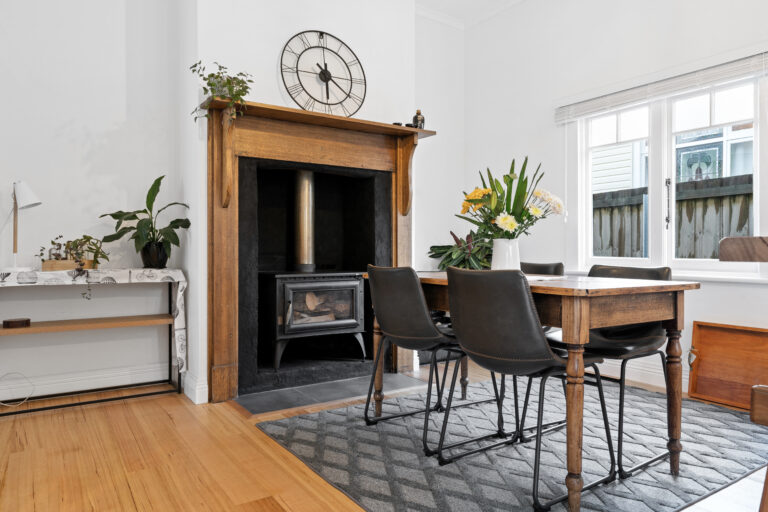What is property depreciation?
Property depreciation is a tax deduction that allows property investors to offset the decline in the value of their investment property (or properties) against their…
Property depreciation is a tax deduction that allows property investors to offset the decline in the value of their investment property (or properties) against their taxable income. After interest, depreciation is the second largest deduction available, so it can make a significant difference to your cash flow when you get it right. Many investors enlist the expertise of a quantity surveyor and their accountant to maximise deprecation deductions at tax time. But what if you want to do your taxes yourself? Or maybe you’re just after more information about deprecation? Keep reading for an overview of the most important things you need to know about depreciation.
What items are depreciable in an investment property?
On average, residential property investors can expect to claim $9,000 in deductions in the first full financial year of owning an investment property. Over five years, depreciation, when maximised, can be worth over $40,000. Two key areas are dealt with when calculating deprecation on your property: capital works allowance (or building allowance) and plant and equipment. The capital works allowance accounts for the cost of building the property. This may include materials such as concrete, brickwork, and timber. Plant and equipment account for items within the property, including ovens, dishwashers, air conditioners, carpets, and blinds.
What depreciation rate can you claim?
The claims you can make within capital works and plant and equipment differ based on the date your property was constructed and the specific plant and equipment installed at your property. The rate you can claim for plant and equipment varies based on the useful life of the items installed in your property. The deprecation allowance ranges from 2.5% to 4% per year for the original construction costs. For investors who purchased their property after 9 May 2017, the depreciation on plant and equipment already used in the property will have limited depreciation deductibles. Instead, these items are included in the purchase of the property and added to the cost base for capital gains tax (CGT) purposes.
Get advice about depreciation if you’re unsure
Like other areas of maintaining and adding value to your investment property, consulting an expert such as a quantity surveyor to help you maximise your depreciation deductibles is a good way to get the best cash flow possible out of your property. Not only can a quantity surveyor develop a thorough depreciation schedule, but they can also help you claim missing deductions from previous tax returns. A quantity surveyor can also help you with pro-rata calculations for the first year of ownership. Further, with the ability to split depreciation schedules based on ownership percentages, investors who own properties with one or multiple parties can ensure each owner maximises their deductions.
Depreciation deductions on an investment property don’t need to be a guessing game. You can maximise your depreciation rate by working with a quantity surveyor or taking the time to thoroughly investigate your property. This will help you derive more cash flow from your property with minimal effort or outlay. Quite often, the money spent on getting expert advice can be covered through depreciation deductions, making it a smart investment toward the success of your property portfolio. If you’re unsure about depreciation deductions, speak with your accountant or a quantity surveyor today.
Looking to buy in regional Tasmania? Buyers Agents Tasmania can help you buy a quality home at a fair price. To discuss your options, call 0439 639 508, email [email protected] or fill in this online form.
Related blogs:
How to pick the perfect tenant for your investment property
Remember, this article does not constitute financial or legal advice. Please consult your professional financial and legal advisors before making any decisions for yourself.






